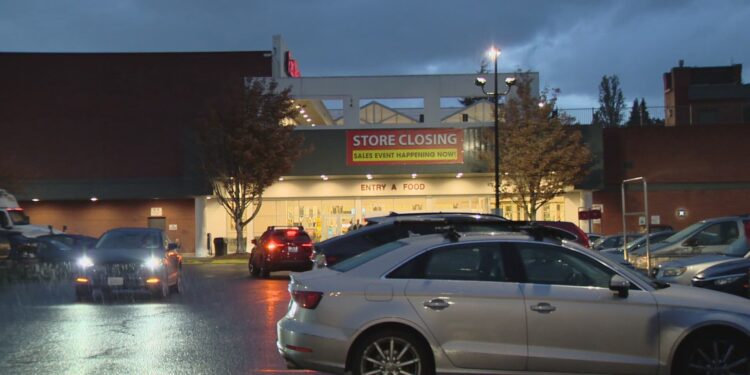Mayor Bruce Harrell will introduce legislation banning commercial lease covenants that prevent landlords from leasing vacant pharmacy or grocery store spaces to similar businesses, addressing what he calls “anti-competitive” barriers creating food and pharmacy deserts in Seattle neighborhoods.
“Sometimes they place restrictive covenants that block efforts to bring on a new store, a new pharmacy,” Harrell explained. “So this legislation is designed to prohibit that.”
The proposed legislation would eliminate covenants that can last decades and have already prevented similar businesses from occupying vacated spaces in Seattle. The mayor and City Council President Sara Nelson agree the legislation should include an emergency clause for immediate implementation upon signature.
“Affordable food and medicine are inaccessible for too many Seattleites,” Harrell wrote, emphasizing the essential nature of these services.
Neighborhoods including Wedgwood and Lake City face recent or impending loss of critical services. A former Rite Aid pharmacy in Wedgwood remains vacant, while the Fred Meyer in Lake City prepares to close.
Dr. Jenny Arnold, CEO of the Washington State Pharmacy Association, highlighted consequences of pharmacy closures, particularly the elimination of 24-hour options. “If patients need something urgent in the middle of the night, they don’t really have anywhere to turn to,” Arnold said. “So hopefully we can see a turning of this tide.”
Arnold emphasized healthcare access implications: “Food is medicine. And having access to reliable medications is important for patients’ health.”
Harrell also plans state-level advocacy, proposing to exempt groceries and pharmacies from Washington’s business and operations tax, citing “razor-thin margins” these businesses operate under.
Arnold expressed support for the mayor’s efforts while noting continued pressure from corporate-owned mail-order pharmacies making it harder for brick-and-mortar locations to remain viable.
The proposal will go before Seattle City Council for consideration later this month. If approved with the emergency clause, it would take immediate effect, potentially allowing faster replacement of closed pharmacies and grocery stores in underserved neighborhoods.
The legislation addresses a structural barrier to food and healthcare access distinct from typical zoning or permitting challenges, focusing instead on private contractual restrictions limiting market competition.







